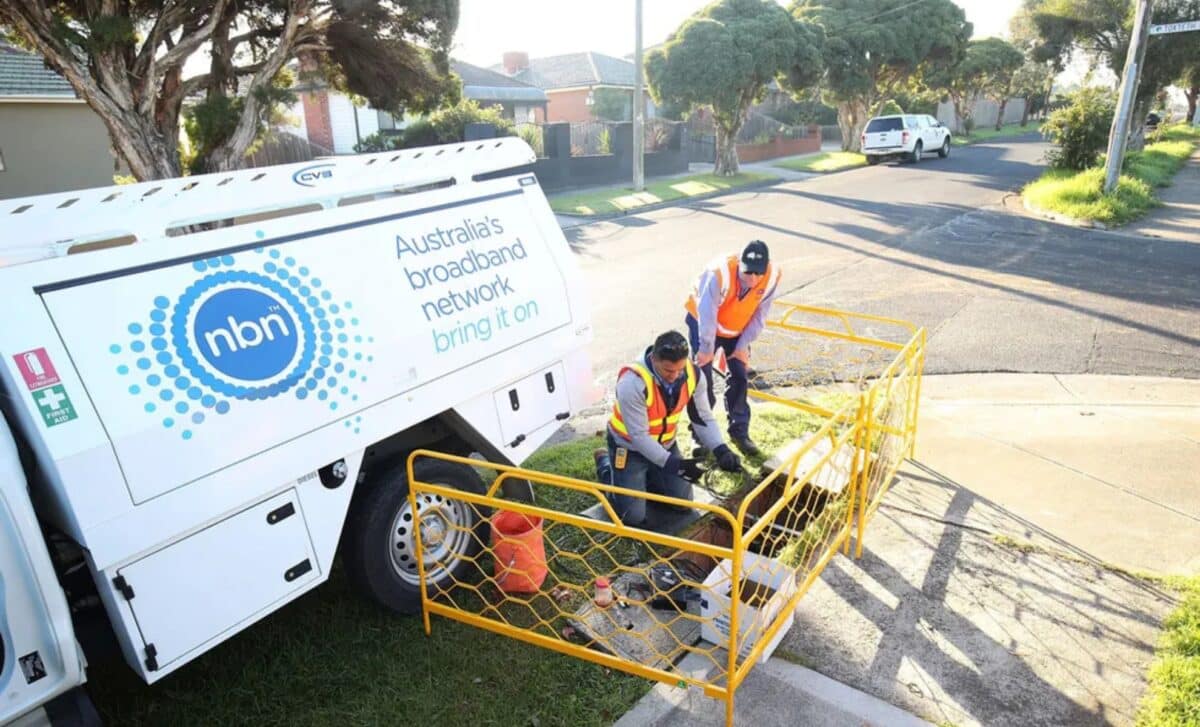By 2030, a transformative strategy seeks to deliver faster and more dependable internet to over 11 million homes and businesses by completing a significant shift from fiber-to-the-node (FTTN) infrastructure to full-fiber connections. This ambitious effort recognizes broadband as a cornerstone of a digital-first economy, where seamless connectivity drives productivity, innovation, and social inclusion. As the demand for robust digital infrastructure grows, the initiative underscores the critical role of reliable, high-speed internet in empowering businesses, enhancing remote work capabilities, and fostering creativity across industries and communities alike.
A Pledge to Complete the NBN’s Fibre Transition
The proposal calls for the government to install fiber connections in place of outdated copper lines for an additional 622,000 locations, the most of which will be in rural and regional areas. Since high-speed internet has become necessary for contemporary work, education, and leisure, the improvement is intended to satisfy the growing demand for it.
NBN Co’s Chief Executive, Ellie Sweeney, emphasised the growing need for significant investment in broadband infrastructure. She noted that Australians now consume ten times more data than when the NBN was first built and highlighted that the proposed upgrade is essential for enabling faster, more reliable internet for activities such as telehealth, remote work, and gaming.
Communications Minister Michelle Rowland described the initiative as a “long-term investment” in infrastructure that will future-proof Australia’s digital economy. Critics of the current FTTN model have long highlighted its limitations, including slower speeds and higher maintenance costs.
Broadband Policy Becomes Election Battleground
A significant policy conflict between Labor and the Coalition is set up by the NBN funding announcement. The opposition’s historic approach was criticized by Prime Minister Albanese, who said it undermined the NBN’s potential by putting cost-cutting ahead of future-proofing.
Albanese also pledged to safeguard public ownership of the NBN, a commitment strongly backed by recently introduced legislation aimed at protecting its integrity. The Coalition, which opposes the measure, now faces growing scrutiny and public concern over whether it intends to privatise the network in the near future.
“The last time the Coalition were seeking government they said they would stop the roll-out of fibre and keep a copper-based NBN, because it was all about, according to Tony Abbott and Coalition leaders, all about downloading videos and movies,” Albanese said. “They didn’t understand that the NBN is about productivity, driving the economy, creating jobs.”
Modelling commissioned by the government suggests the proposed upgrades could deliver a $10.4 billion economic uplift over the next decade. With both parties gearing up for an election, the NBN’s future is shaping up to be a defining issue, underscoring its importance in a digitally connected society.









